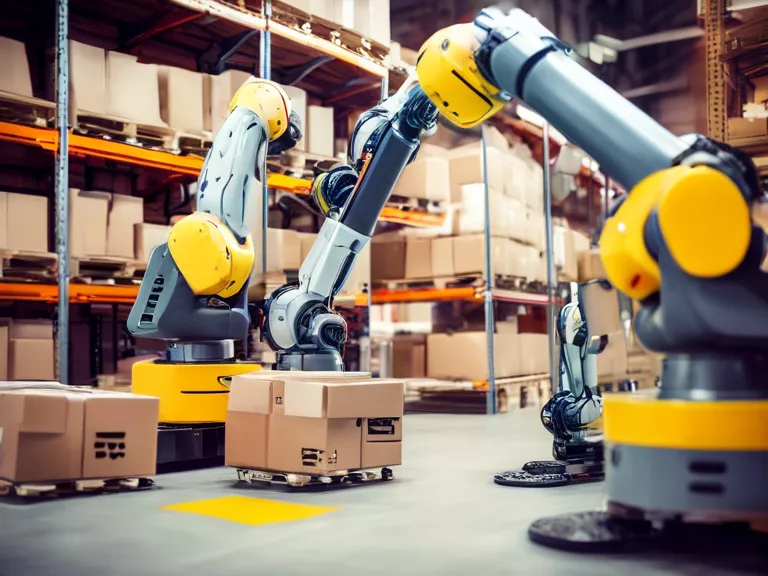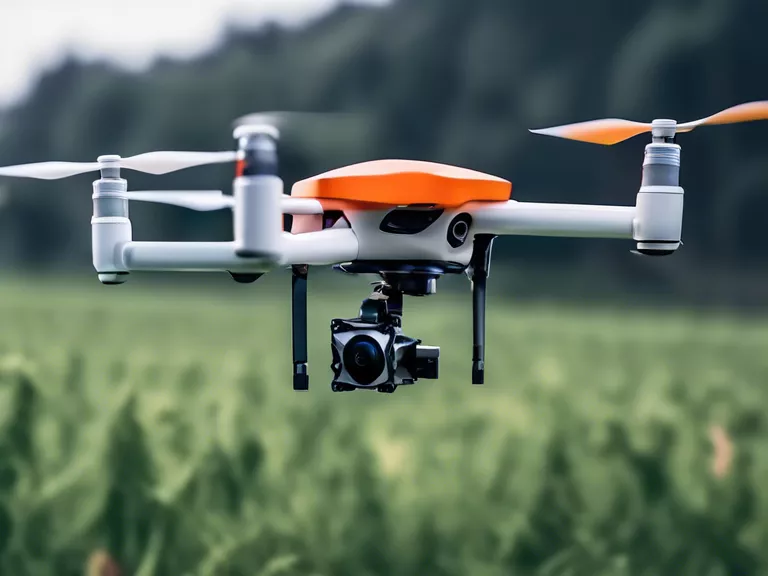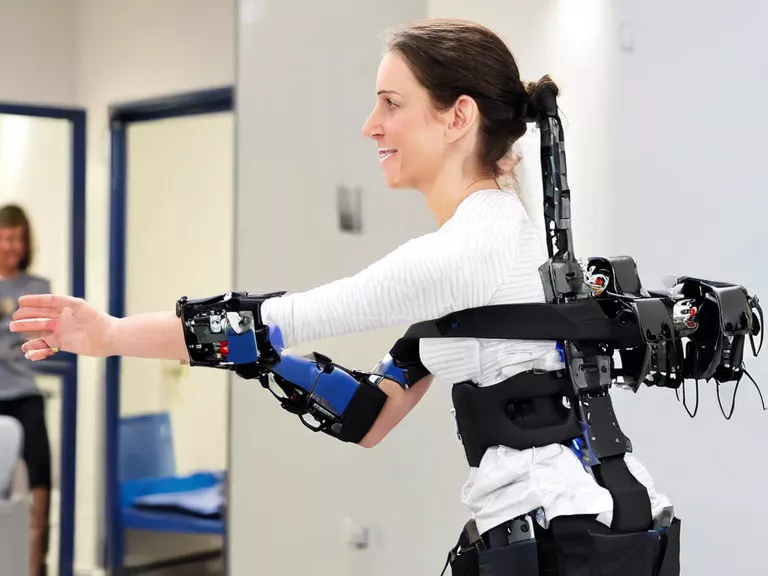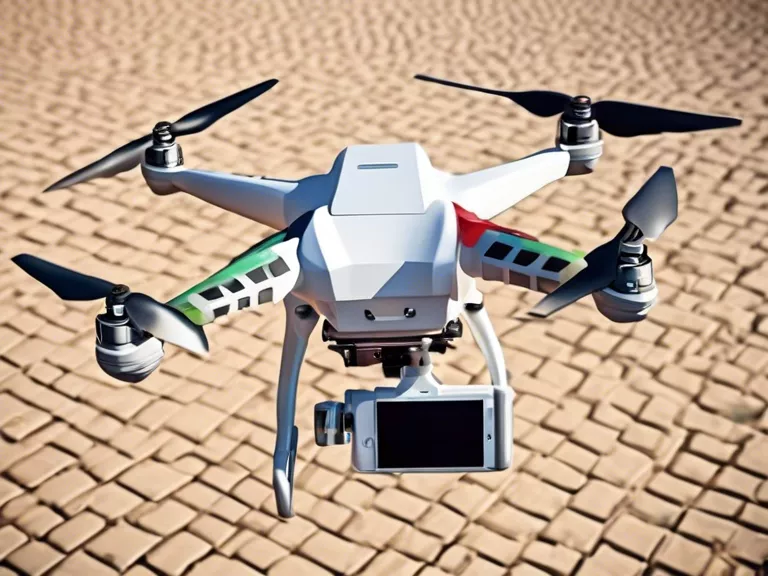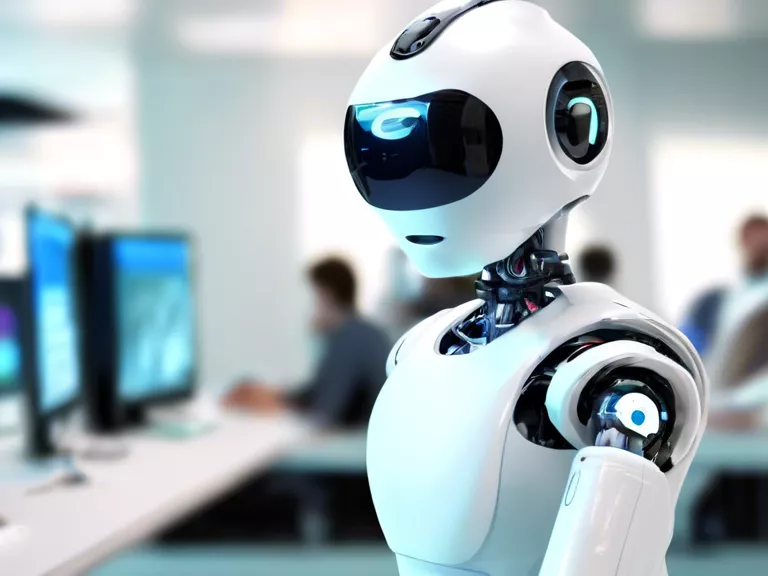
The advancements in technology have paved the way for the integration of artificial intelligence (AI) into our daily lives. One area where AI is making a significant impact is in personal robotics. With the rise of AI assistants like Siri, Alexa, and Google Assistant, the future of personal robotics seems to be promising. But the question remains: are we ready for AI assistants to take on a more prominent role in our lives?
One of the main benefits of having AI assistants in personal robotics is the convenience they offer. From setting reminders, managing schedules, controlling smart home devices, to providing timely information, AI assistants can streamline various tasks and simplify our lives. Their ability to learn from our interactions and adapt to our preferences makes them invaluable tools for improving efficiency and productivity.
However, as AI assistants become more integrated into our daily routines, concerns about privacy and security have emerged. With access to vast amounts of personal data, there is a legitimate fear of AI assistants being used for surveillance purposes or having our sensitive information compromised. Additionally, there are ethical considerations regarding the use of AI in decision-making processes that could have profound impacts on individuals and society as a whole.
Another challenge that comes with the proliferation of AI assistants in personal robotics is the potential for job displacement. As AI technology becomes more advanced, there is a looming threat of automation replacing human workers in various industries. This raises questions about the socio-economic implications of widespread adoption of AI assistants and how we can ensure a smooth transition to a future where humans and AI coexist harmoniously.
In conclusion, the future of personal robotics with AI assistants holds great promise, but it also comes with its own set of challenges. It is crucial for us to address issues related to privacy, security, ethics, and employment in order to fully harness the benefits of AI technology. By finding the right balance between innovation and regulation, we can ensure that AI assistants enhance our lives without compromising our values and well-being.
